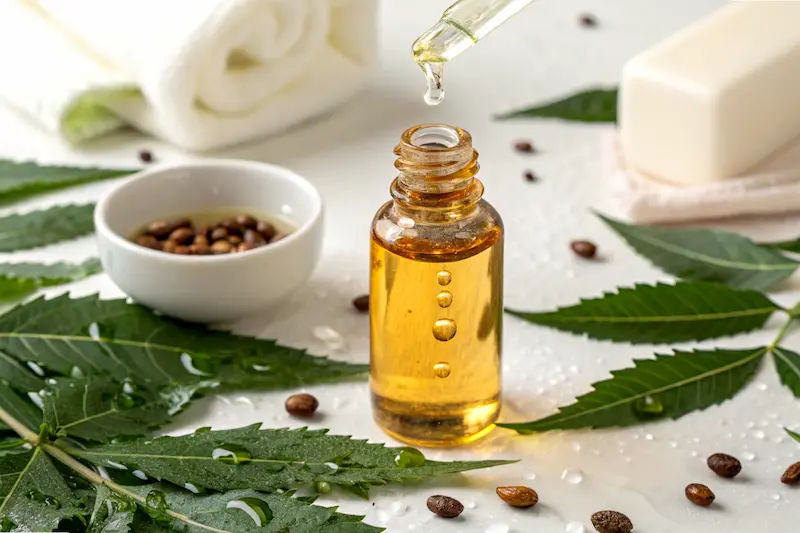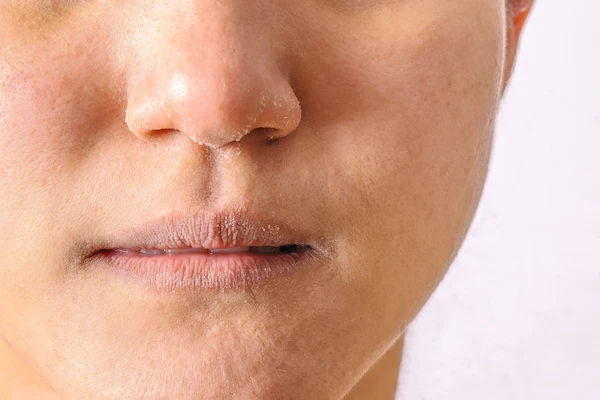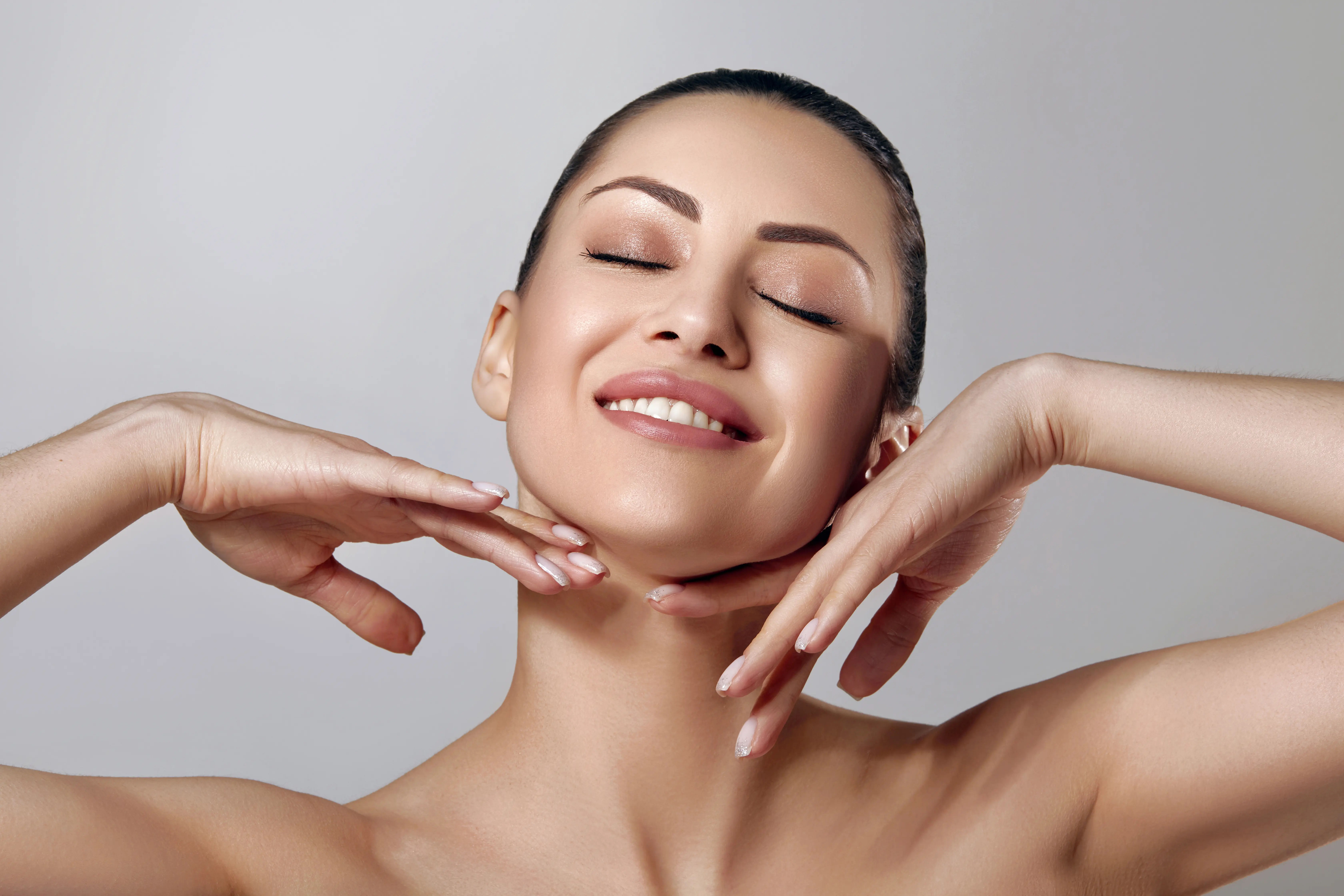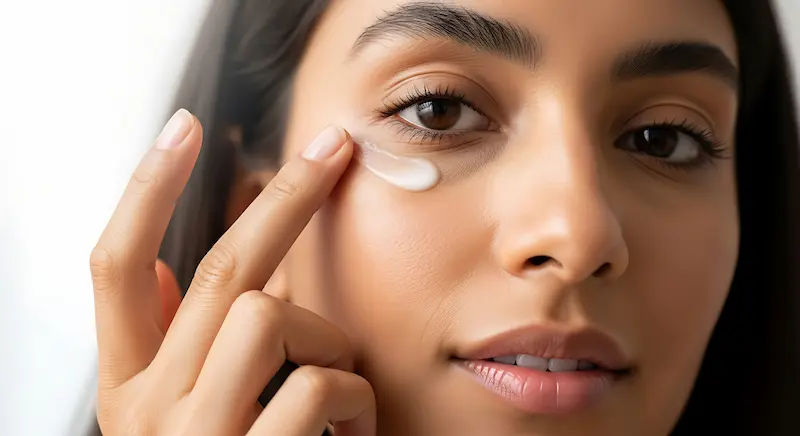Guide to Summer Skin Care
Discover essential summer skin care tips to keep your skin glowing and protected. Learn about sun protection, hydration, and seasonal skincare routines.

Written by Dr. M L Ezhilarasan
Reviewed by Dr. Shaik Abdul Kalam MD (Physician)
Last updated on 13th Jan, 2026

Introduction
Summer brings sunshine, vacations, and outdoor fun, but it also throws a unique set of challenges at your skin. The intense sun, soaring humidity, and increased sweat can lead to sunburn, clogged pores, excessive oiliness, and premature aging. Simply put, your heavy winter moisturiser won't cut it when the heat index rises. This comprehensive guide to summer skin care is your roadmap to navigating the season confidently. We'll move beyond basic sunscreen advice to provide a holistic summer skincare strategy that covers protection, prevention, and repair. Whether you're battling oiliness, concerned about sun damage, or just want to maintain a healthy glow, we’ve got you covered with expert tips and actionable steps to adapt your routine for the hotter months. Let’s dive in and ensure your skin stays healthy, hydrated, and radiant all summer long.
Why Your Skin Needs a Special Summer Routine
Your skin is your body's largest organ, and it reacts dynamically to its environment. The summer season creates a perfect storm of conditions that necessitate a shift in your skincare approach.
The Impact of Sun and UV Rays
The sun's ultraviolet (UV) rays are at their strongest during summer. UVA rays penetrate deep into the skin, causing long-term damage like wrinkles and loss of elasticity (photoageing). UVB rays are primarily responsible for sunburn. According to the Skin Cancer Foundation, consistent, unprotected UV exposure is the leading cause of skin cancer. This makes sun protection the absolute cornerstone of any effective summer skin care regimen.
Dealing with Heat, Humidity, and Sweat
High temperatures cause your blood vessels to dilate, leading to redness and inflammation. Humidity makes it harder for sweat to evaporate, leaving your skin feeling sticky. Sweat itself, when mixed with oils, bacteria, and sunscreen, can sit on the skin's surface and clog pores. This environment is a breeding ground for breakouts, heat rash (prickly heat), and general skin congestion.
The Risk of Clogged Pores and Summer Breakouts
The combination of excess sebum (oil) production, sweat, sunscreen, and makeup can easily clog pores. This leads to an increase in blackheads, whiteheads, and inflammatory acne. This is why switching to lightweight, non-comedogenic products that won't block pores is a critical summer skin care commandment.
Consult a Dermatologist for the best advice
The Golden Rule: Sun Protection is Non-Negotiable
If you take only one thing from this guide, let it be this: sunscreen is not just for beach days. It's a daily necessity, rain or shine, especially during summer.
Choosing the Right Sunscreen for Summer
Look for a broad-spectrum formula, which means it protects against both UVA and UVB rays. A Sun Protection Factor (SPF) of 30 is the minimum recommended by dermatologists for daily wear, but SPF 50 offers more robust protection for extended outdoor activities.
SPF 30 vs. SPF 50: What You Really Need
SPF 30 blocks about 97% of UVB rays, while SPF 50 blocks about 98%. While the difference seems marginal, that
extra 1% can be significant during long periods of intense sun exposure, for those with fair or sensitive skin, or for preventing hyperpigmentation.
Mineral vs. Chemical Sunscreens: A Summer Showdown
Mineral (Physical) Sunscreens: Contain active ingredients like zinc oxide or titanium dioxide. They sit on top of the skin and physically block UV rays. They are often better for sensitive skin and provide immediate protection upon application.
Chemical Sunscreens: Contain ingredients like avobenzone or oxybenzone. They absorb into the skin, absorb UV rays, convert them into heat, and release them. They tend to be lighter and more cosmetically elegant.
For summer, especially for sensitive or acne-prone skin, mineral sunscreens can be less irritating and also offer protection against visible light, which can worsen melasma.
How to Apply Sunscreen Correctly for Maximum Protection
Most people apply only 25-50% of the recommended amount. Use about two finger-lengths worth of product for your face and neck. Apply it as the last step of your morning skincare routine, before makeup. Reapply every two hours, and immediately after swimming or heavy sweating.
Don't Forget These Often-Missed Spots
Your ears, the back of your neck, your scalp (along the part line), the tops of your feet, and the area around your eyes are commonly missed. Use a stick sunscreen for precise application on areas like the eyelids and lips.
The Summer Skincare Routine: A Step-by-Step Guide
Simplify and lighten up your regimen to match the season's needs.
Step 1: Cleanse Gently But Thoroughly
Start and end your day with a gentle, water-based cleanser. This will effectively remove sweat, oil, dirt, and sunscreen without stripping your skin's natural barrier. Double cleansing at night (first with an oil-based cleanser to break down sunscreen, then with a water-based one) can be highly effective in summer.
Step 2: Tone to Balance and Hydrate
Swap out astringent alcohols for a hydrating toner with ingredients like hyaluronic acid or rosewater. This helps to rebalance your skin's pH after cleansing and provides a light layer of hydration without heaviness.
Step 3: Lightweight Moisturisation is Key
Even oily skin needs moisture. Opt for oil-free, gel-based, or water-cream moisturisers. Look for ingredients like hyaluronic acid, which pulls water into the skin without adding oil, and niacinamide, which helps regulate sebum and minimise pores.
Step 4: Day vs. Night: Adjusting Your Routine
Day: Focus on protection. Cleanse -> Tone -> Lightweight Moisturiser -> Sunscreen.
Night: Focus on repair and balance. Cleanse (or double cleanse) -> Tone -> Treat (perhaps with a lightweight serum) -> Lightweight Moisturiser.
Targeted Solutions for Common Summer Skin Problems
Hot weather can take a toll on your skin, but simple care routines help.
Soothing Sunburn and Skin Repair
If you get sunburned, act fast. Cool baths, pure aloe vera gel, and over-the-counter hydrocortisone cream can reduce inflammation and pain. Hydrate relentlessly from the inside out. If your sunburn is severe with blistering, fever, or chills, consult a doctor online with Apollo24|7 for immediate advice on management and to rule out sun poisoning.
Managing Oily Skin and Preventing Acne
Incorporate a salicylic acid-based cleanser or toner 2-3 times a week to deeply clean pores. Clay masks can help absorb excess oil. Most importantly, avoid over-stripping your skin, as this can trigger more oil production.
Preventing and Fading Hyperpigmentation
Sun exposure worsens dark spots. Alongside daily SPF, incorporate antioxidants like Vitamin C serum into your morning routine. It neutralises free radicals from UV exposure and helps brighten the skin. For persistent discoloration, a dermatologist can recommend prescription-strength solutions. Apollo24|7 offers a convenient home collection for tests like vitamin D, which can be linked to some skin conditions, making it easy to check your levels from home.
Get Your Health Assessed
Beyond Products: Lifestyle Tips for Healthy Summer Skin
Healthy skin isn’t just about creams and serums; daily habits matter too.
The Role of Diet and Hydration
Your skin reflects what you put inside your body. Eat water-rich foods like watermelon, cucumber, and berries. Omega-3 fatty acids from nuts and fish can help strengthen the skin's barrier. Most crucially, drink plenty of water throughout the day to stay hydrated from within.
Protective Clothing and Seeking Shade
Sunscreen isn't enough on its own. Wear wide-brimmed hats, UV-blocking sunglasses, and lightweight, long-sleeved clothing when possible. Seek shade, especially between 10 a.m. and 4 p.m. when the sun's rays are most intense.
The Importance of After-Sun Care
After a day in the sun, give your skin some TLC. A soothing moisturiser with aloe or ceramides can help replenish and calm the skin, mitigating any potential damage and keeping it resilient.
Conclusion
Navigating summer skin care is all about adaptation and consistency. By shifting your focus to robust sun protection, lightweight hydration, and thorough cleansing, you can not only prevent common warm-weather woes like sunburn and breakouts but also support your skin's long-term health and vitality. Remember, effective skincare is a combination of the right products and smart lifestyle habits. Embrace these strategies to enjoy everything the sunny season has to offer while keeping your skin glowing, protected, and healthy. If you have specific concerns that over-the-counter products can't address, don't hesitate to seek professional guidance.
Consult a Dermatologist for the best advice
Consult a Dermatologist for the best advice

Dr. S Madhuri
Dermatologist
10 Years • MBBS, MD. DVL, DNB, Fellow (Dermatosurgery & Lasers)
Secunderabad
Apollo Hospitals Secunderabad, Secunderabad
(350+ Patients)

Dr. Bhavya Swarnkar
Dermatologist
14 Years • MBBS, MD, DNB (Dermatology, Venereology & Leprosy) Former Senior Resident, Department of Dermatology- AIIMS, New Delhi. Associate Consultant - Dermatology.
Bilaspur
Apollo Hospitals Seepat Road, Bilaspur
(250+ Patients)

Dr. Asad Ansari
Dermatologist
14 Years • MBBS, DDVL
Kolkata
MCR SUPER SPECIALITY POLY CLINIC & PATHOLOGY, Kolkata

Dr. Chanchal Chaudhary
Dermatologist
11 Years • MBBS, DDVL
Noida
La Fameux Derma, Noida

Dr. Priyankar Misra
Dermatologist
11 Years • MBBS, MD Dermatology , Venereology & Leprosy
Kolkata
MCR SUPER SPECIALITY POLY CLINIC & PATHOLOGY, Kolkata
Consult a Dermatologist for the best advice

Dr. S Madhuri
Dermatologist
10 Years • MBBS, MD. DVL, DNB, Fellow (Dermatosurgery & Lasers)
Secunderabad
Apollo Hospitals Secunderabad, Secunderabad
(350+ Patients)

Dr. Bhavya Swarnkar
Dermatologist
14 Years • MBBS, MD, DNB (Dermatology, Venereology & Leprosy) Former Senior Resident, Department of Dermatology- AIIMS, New Delhi. Associate Consultant - Dermatology.
Bilaspur
Apollo Hospitals Seepat Road, Bilaspur
(250+ Patients)

Dr. Asad Ansari
Dermatologist
14 Years • MBBS, DDVL
Kolkata
MCR SUPER SPECIALITY POLY CLINIC & PATHOLOGY, Kolkata

Dr. Chanchal Chaudhary
Dermatologist
11 Years • MBBS, DDVL
Noida
La Fameux Derma, Noida

Dr. Priyankar Misra
Dermatologist
11 Years • MBBS, MD Dermatology , Venereology & Leprosy
Kolkata
MCR SUPER SPECIALITY POLY CLINIC & PATHOLOGY, Kolkata
More articles from Skin Care
Frequently Asked Questions
1. What is the best sunscreen for oily, acne-prone skin in summer?
Look for oil-free (non-comedogenic), gel-based, or mineral (zinc oxide) formulas labeled 'matte finish' or 'for acne-prone skin.' These are less likely to clog pores and contribute to breakouts.
2. How can I prevent my makeup from melting off in the heat?
Start with a mattifying primer, use lightweight foundation or tinted moisturiser, set with a translucent powder, and finish with a setting spray. Powder-based products tend to hold up better than creams in humidity.
3. Does sunscreen prevent you from getting a tan?
Sunscreen is designed to protect your skin from harmful UV radiation, which includes the rays that cause tanning. While it will significantly slow down the tanning process, it doesn't block it 100%. A tan is still a sign of skin damage.
4. How do I treat a painful sunburn quickly?
Take a cool shower, gently pat dry, and apply pure aloe vera gel or a fragrance-free moisturiser. An over-the-counter anti-inflammatory like ibuprofen can help with pain and swelling. Drink extra water and leave any blisters intact to prevent infection.
5. Is it necessary to moisturise if my skin feels oily in summer?
Yes! Skipping moisturiser can actually make oily skin worse. When skin is dehydrated, it can overcompensate by producing more oil. A lightweight, oil-free moisturiser helps maintain balance without adding heaviness.




